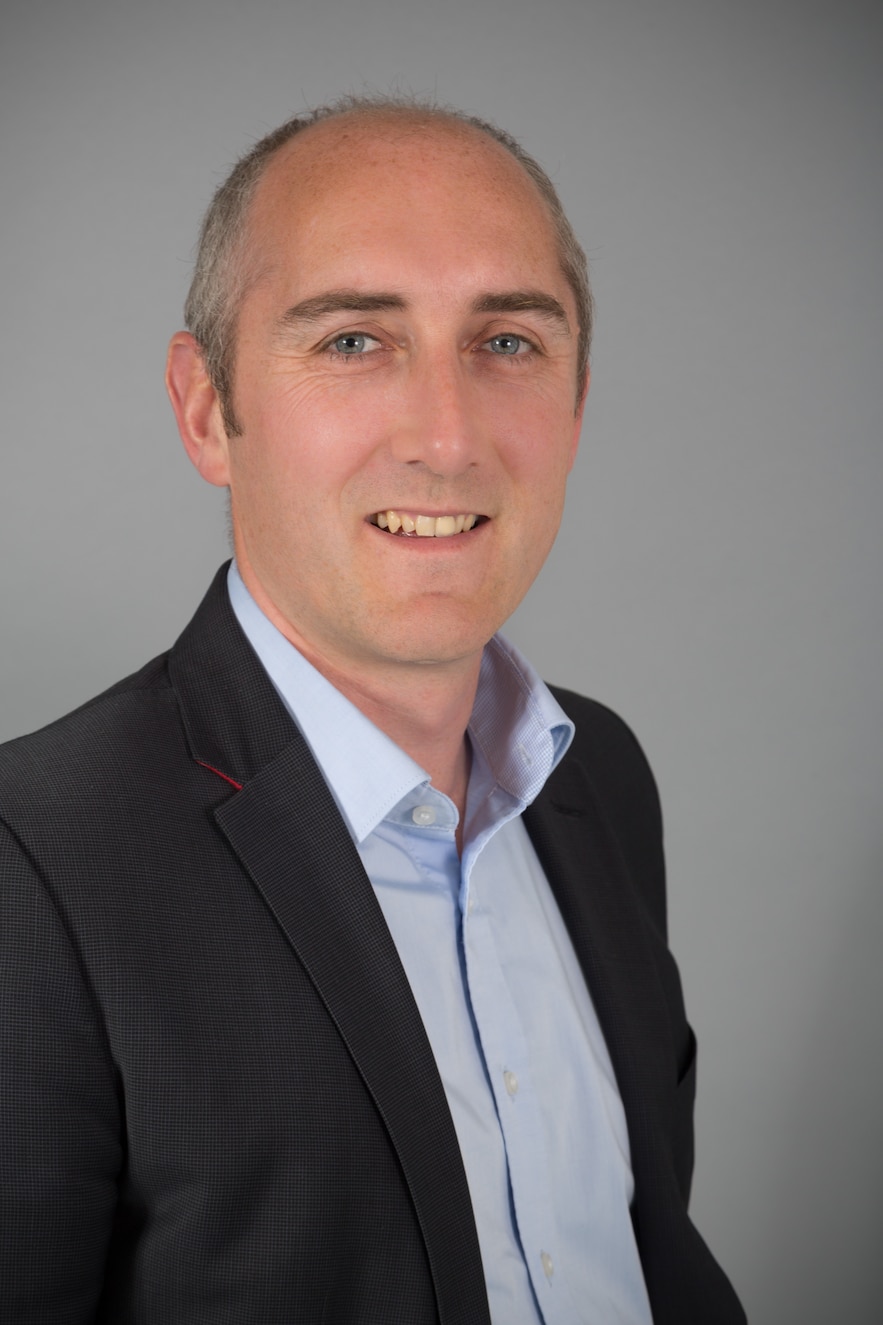Invest in training to avoid the “dropout” of the French economy. This is the watchword passed by Astrid Panosyan-Bouvier, Minister responsible for Labor and Employment, at the opening of the‘Winter University of Vocational Training On January 22, 2025. “We fell asleep on the quality of our initial and continuous training,” she said. Before continuing: “For competence, France fell up to 24th out of 37 in the OECD and up to 27th place for productivity. The comparative advantages that we held for acquired at the beginning of this century have gradually erased and we must today put the bitter bites to avoid this dropout.”
Other figures fuel this concern. We deplore a shortage of 20,000 engineers each year. And in five years, if nothing is done, there will be 54,000 to miss the call. At European level, we will need 800,000 skilled workers to deal with ecological transition and more than 1 million employees specializing in alternative energies. Finally, it will be necessary to “reconfigure” the skills of 9 million individuals by 2035.
Talent war; demographic drop; lengthening the duration of careers, which requires greater adaptation; Extremely rapid development of technologies … For all these reasons, companies have no choice but to encourage their employees to regularly resume the school road to improve their own.
“To this is added another aggravating factor that has been overlooked too long: the courses given by higher education are not sufficiently adapted to the evolution of business needs”, denounces Benoît Serre, vice-president of the National Association of Directors of Human Resources. “If we have so many unemployed people today, it is partly because they do not have the skills expected by the world of work,” he judges.
In an attempt to overcome the slowness of adaptation of the superior, more and more companies or private groups seize the subject themselves. Some even go so far as to create their own schools, which allows them to attract young recruits hoping to retain them. Another notable phenomenon: grandes écoles like HEC, ESSEC, ESCP or EM Lyon develop specific continuing training offers for managers eager to give their careers a boost. This booming activity, which is also very profitable for them, responds to a real demand. And Benoît sets out to conclude: “In a country like ours where education is historically under the control of the State, we live there a major upheaval.”
L’Express interviewed a large school manager, an employee and a business manager on this capital subject.
“A big advantage for executives”
Cécile Arragon, director of the business development of the Executive Education of HEC Paris.
Cécile Arragon
© / Hec
“The Executive Education, the HEC branch dedicated to continuing education, has existed for more than fifty years. But in the last decade, we had to adapt strongly to the significant increase in the number of requests and to the evolution of the work world. In the past, the employees who came to train in HEC were often aged in his forties and had the objective of giving an accelerator to their career. more diverse public, which calls on us much more regularly throughout his professional life.
The 8,000 people who register each year for our training courses now have the choice between different day modules which, put end to end, allow them to obtain a certificate or a diploma. The time that participants devote to it is very variable. The program can be followed in a very condensed way, in just one year, just as it can extend over ten or fifteen years. This last organization represents a big advantage for executives, who have often very busy jobs and less linear courses than in the past.
Our theme “Strategic Management”, which addresses leadership, innovation but also marketing or finance issues, was a great success. But the two most sought -after subjects of the moment concern artificial intelligence and sustainable development. Finally, the fact that HEC is above all a research center is a guarantee of guarantee and seriousness since our teachers are at the forefront of the areas they teach. “
“Take a little more scope”
Romain Dijos, engineering director and energy services at Dalkia

Roman Dijos
© / Dalkia
“Holder of a classic engineer training, I have always worked in the energy sector. After going through Engie, I joined the Dalkia company which, in 2015, offered to take the direction of an operational center based in Nice. An important step in my career, during which I experienced new functions.
Four years after my post, I felt the need to complete my initial training to better understand and understand relationships with our customers, our partners and our shareholders. Which joined my management’s wish to see me take a little more scope. Having carte blanche in the choice of my training, I chose to turn to EM Lyon to follow an executive MBA in two years. All entirely in English. My lessons started in 2019… just before the Cavid period! Fortunately, before switching to distance education, I had time to get to know the other members of my promotion. A bond of trust quickly created between us, which allowed us to work together on projects thereafter.
For me, the big advantage of this type of training is precisely the fact of being able to meet other employees and to discuss our experiences. Even if this phase caused a big questioning and jostled my certainties, I do not regret this adventure. On the contrary. “
“Always have one step ahead”
Franck Baillet, Executive Vice President Learning & Development at Capgemini.

HRD BAILLET Chez Cap Gemini
/ © Cap Gemini
“Being able to count on high -quality and well -trained consultants is crucial for a company like Capgemini. The skills of our employees constitute their first asset. Anxious to always have one step ahead and to best adapt to the frantic pace of technological developments, we have greatly enriched and diversified our training offer five years ago by betting more on virtual mode. All our employees, installed A unique platform linked to what we call ‘content libraries’ regularly updated and provided by specialized operators such as Racera, Harvard or Pluralsight and technological partners like Microsoft, Google or Amazon.
According to the skills sought, employees have the opportunity to join campuses of different kinds, dedicated to artificial intelligence, industry and many other themes. In France, we have established more specific partnerships with several grandes écoles. For seven years, EM Lyon has supported our senior managers for very precise themes, such as leadership, for example. Our internal studies show that the means made available to our employees to learn and train throughout their journey are particularly appreciated. “
